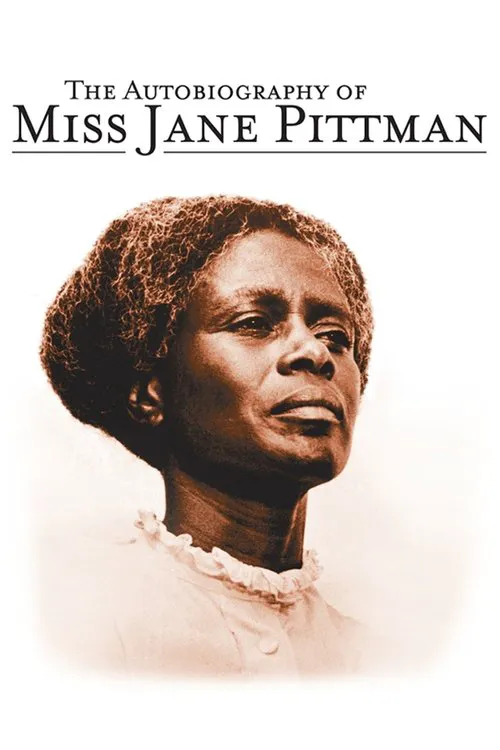The Autobiography of Miss Jane Pittman

Plot
The Autobiography of Miss Jane Pittman is a poignant drama that weaves together the lives of two different generations, bridged by the extraordinary life of its titular character. On one hand, we have the contemporary struggles of African Americans in Bayonne, Louisiana, seeking civil rights and equality in the midst of a tumultuous period in American history. On the other hand, we have the remarkable story of Jane Pittman, who has lived an astonishing 110 years, witnessing firsthand the transformation of the world around her. The film unfolds as a series of flashbacks, with Jane Pittman recounting her life story to a New York journalist, played by Michael Murphy. The scene is set in 1962, as the civil rights movement gains momentum in Bayonne, a small Louisiana town gripped by tensions between the black and white communities. As the journalist prepares to write Jane's story, the present-day struggle for justice begins to unfold. We meet Jimmy, a passionate young man who has lost a brother to a police shooting. His anger and frustration are palpable as he leads protests and rallies, demanding equal rights and an end to segregation in Bayonne. The authorities, however, are relentless in their pursuit of maintaining the status quo, using force and intimidation to quell the resistance. Meanwhile, we are transported back to the past, as Jane Pittman begins to recount her storied life. Born into slavery in the 19th century, Jane's earliest memories are of life on a plantation, where she was forced to work from a tender age. Her narrative takes us through the Reconstruction era, where she witnesses the struggle for emancipation and the subsequent rise of white supremacist groups like the Ku Klux Klan. As Jane's story unfolds, we see her encounter a cast of characters that reflect the complex and often fraught relationships between black and white Americans during this period. There is the gentle mentorship of a plantation owner's wife, who teaches Jane to read and write, and the brutal cruelty of the overseer, who sees slaves as nothing more than property. One of the most striking aspects of the film is its nuanced portrayal of Jane's life, which defies the simplistic categorizations of good and evil. Rather, her experiences are marked by moments of triumph and tragedy, kindness and cruelty, that reflect the messy and often contradictory nature of human relationships. Through Jane's eyes, we see the world of the antebellum South come alive, with its grand plantations, bustling slave markets, and whispered rumors of escape and rebellion. We see the impact of the Civil War on the African American community, as the promise of freedom is replaced by the harsh realities of sharecropping and Jim Crow laws. As Jane's story comes full circle, we return to the present, where Jimmy's struggles for civil rights are being met with increasing resistance. The journalist, having heard Jane's remarkable tale, begins to see the past and present as intermingled threads in the fabric of American history. In the film's final moments, Jane Pittman's story serves as a testament to the enduring power of the human spirit, a reminder that even in the face of unimaginable hardship and oppression, people continue to fight for their rights, their dignity, and their very lives. The Autobiography of Miss Jane Pittman is a powerful tribute to the courage and resilience of African Americans throughout history, a testament to the enduring legacy of those who fought for a more just and equal society.
Reviews
Recommendations




